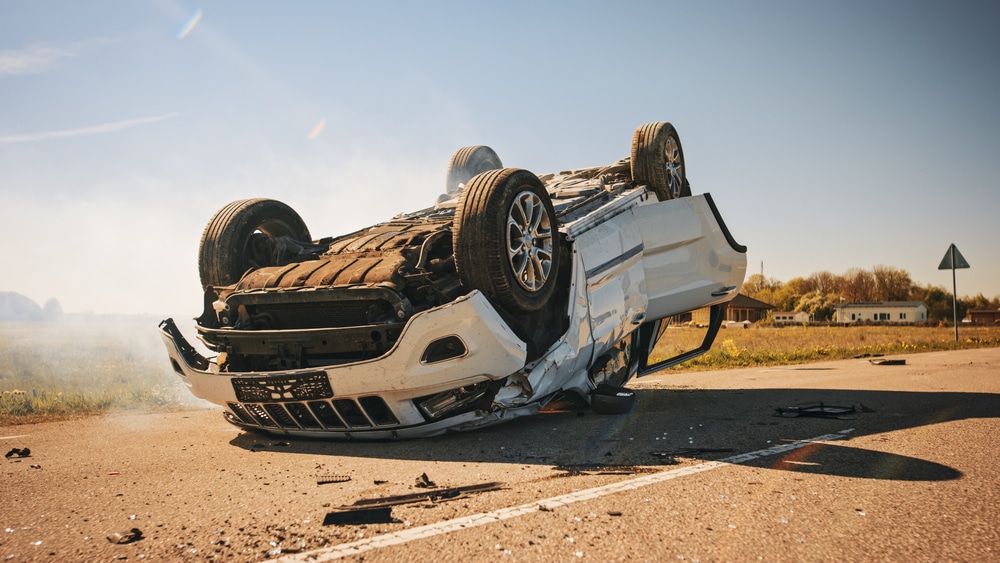When a rollover accident happens, the aftermath can devastate those involved. These crashes often cause severe injuries, create financial strain, and leave lasting consequences for victims and their families.
Knowing your legal options can make all the difference if you or someone you love has been involved in a Brookville rollover accident. Legal remedies in Pennsylvania, causes of rollover accidents, and steps to take following a collision are all things you need to know if you’re dealing with a rollover.
If you’ve been affected, this information can help you better prepare to seek the justice and compensation you deserve.
Why Choose Pribanic & Pribanic for a Brookville Rollover
Pribanic & Pribanic has been dedicated to helping accident victims and their families across Pennsylvania since 1982. Their team brings over 100 years of combined trial experience to every case. They have represented clients in some of the most complicated accident claims, securing significant recoveries on their behalf.
This family-operated law firm focuses on personalized attention, ensuring clients feel supported throughout the legal process. They handle every detail of legal claims, from investigating the circumstances of the crash to fighting for fair compensation.
Pribanic & Pribanic prepares each claim as though it will go to trial, creating a strong foundation for achieving favorable results. Their past successes for clients injured in motor vehicle accidents include millions of dollars in settlements and verdicts.
Whether dealing with medical expenses, lost wages, or future care costs, their team works tirelessly to ease the financial burden for accident survivors and their families.
What Causes Rollover Accidents?
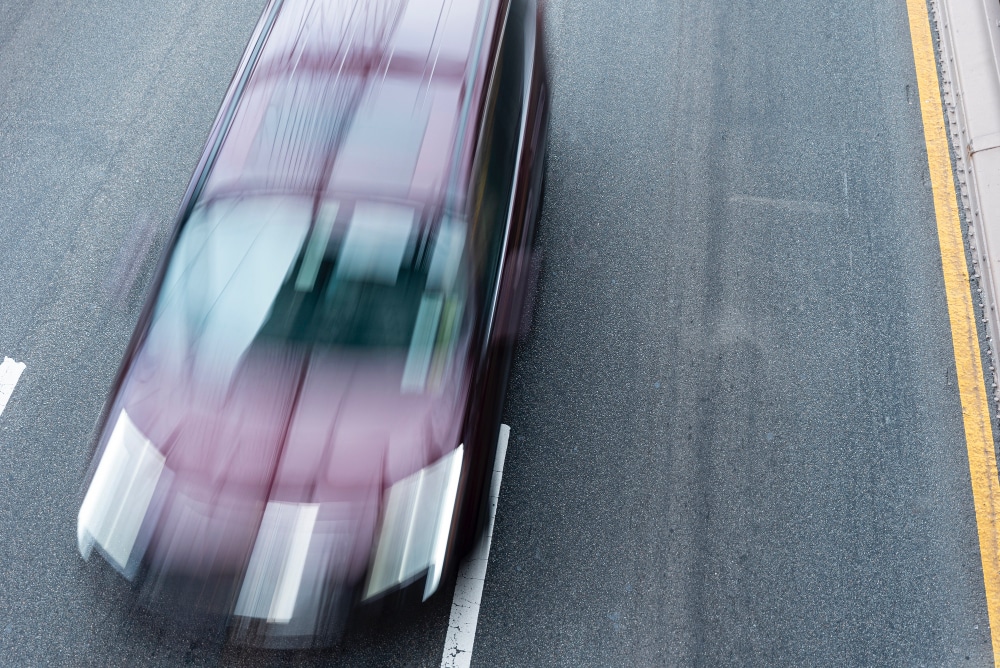 Rollover accidents are among the most dangerous types of crashes. They involve vehicles flipping over onto one side or completely overturning. These accidents can occur for various reasons, including driver error, poor road conditions, and mechanical failures.
Rollover accidents are among the most dangerous types of crashes. They involve vehicles flipping over onto one side or completely overturning. These accidents can occur for various reasons, including driver error, poor road conditions, and mechanical failures.
Certain factors make rollover accidents more common. Tall vehicles, such as SUVs, trucks, and vans, are more prone to tipping due to their higher center of gravity. Sharp turns at high speeds, especially on curves or uneven surfaces, increase the likelihood of a vehicle rolling over.
Other common causes include:
- Speeding: Excessive speed makes drivers lose control, particularly when turning or swerving to avoid obstacles.
- Drunk or distracted driving: Impaired or inattentive drivers can misjudge their surroundings, leading to dangerous maneuvers or collisions that trigger rollovers.
- Road hazards: Potholes, debris, or uneven pavement can destabilize vehicles and cause them to tip or overturn.
- Overloaded vehicles: Carrying too much weight or improperly distributing loads affects a vehicle’s balance and increases rollover risks.
- Tire blowouts or mechanical failures: Sudden tire failures or brake malfunctions can send a vehicle out of control, resulting in rollovers.
Drivers and passengers in rollover crashes often face severe injuries, including head trauma, spinal cord damage, broken bones, and internal injuries. Understanding these causes helps identify whether negligence contributed to a specific accident.
Pennsylvania Traffic Laws and Rollover Accidents
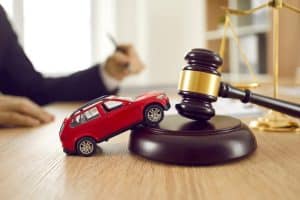 Brookville, located in Jefferson County, follows Pennsylvania’s statewide traffic laws. These laws aim to keep roads safer and reduce the likelihood of crashes, including rollovers.
Brookville, located in Jefferson County, follows Pennsylvania’s statewide traffic laws. These laws aim to keep roads safer and reduce the likelihood of crashes, including rollovers.
Pennsylvania law sets strict limits on speeding, driving under the influence, and reckless driving. Violating these laws not only increases the risk of accidents but can also create liability for damages when a crash occurs.
If a rollover accident was caused by a speeding driver or someone following too closely. Then the at-fault party may be held responsible for the resulting injuries and property damage.
Commercial vehicles, including trucks, must adhere to specific regulations when traveling in Pennsylvania. Rules regarding weight limits, secure cargo, and vehicle maintenance are designed to prevent rollovers and ensure public safety.
Failure to follow these regulations can lead to catastrophic accidents and legal consequences for trucking companies or drivers. Pennsylvania also requires all drivers to carry car insurance, including liability coverage to protect against damages caused by at-fault accidents.
State laws, however, allow drivers to choose limited or full tort options when selecting coverage. Families pursuing rollover accident claims often deal with the complexities of these insurance rules, which can make filing a lawsuit necessary to recover adequate compensation.
Common Injuries Seen in Rollover Accidents
Rollover accidents produce some of the most severe injuries due to the violent nature of the crash. When a vehicle flips, the roof, windows, and structural supports often fail to provide adequate protection.
Passengers may also be ejected if they are not wearing seatbelts, leading to devastating outcomes.
Some injuries frequently associated with rollover accidents include:
- Traumatic brain injuries (TBI): These occur when the head strikes an object or experiences a blow, causing significant damage to brain function.
- Spinal cord injuries: The forces involved in a rollover can fracture, dislocate, or compress the spine, leading to paralysis or long-term mobility issues.
- Broken bones: Fractures in the arms, legs, ribs, or pelvis are common due to the impact and weight of the overturned vehicle.
- Internal injuries: Organs such as the lungs, liver, or kidneys may suffer damage from crushing forces or punctures.
- Cuts and lacerations: Glass shards and flying debris during a rollover often leave victims with deep wounds requiring surgery or stitches.
The severity of injuries often depends on whether passengers used seatbelts, the type of vehicle involved, and the speed at which the accident occurred. Victims with catastrophic injuries frequently require extensive medical treatment and ongoing rehabilitation.
How Legal Claims Address Negligence in Rollover Cases
Victims of rollover accidents may file personal injury claims to recover compensation for their losses. Establishing negligence is key in these cases. Negligence occurs when a party fails to exercise reasonable care, resulting in harm to others.
Several parties may bear responsibility for a rollover accident, including drivers, vehicle manufacturers, or government entities charged with maintaining safe roads. Example scenarios include failing to secure cargo properly, manufacturing defective tires, or neglecting to address hazardous pavement conditions.
For a strong case, victims must prove several elements, including duty of care, breach of duty, causation, and damages. Evidence such as accident reports, witness statements, and expert analyses often plays a significant role in showing how negligence caused the crash and the subsequent injuries.
Actions to Take in the Days and Weeks After a Rollover Accident
Recovering from a rollover accident involves more than dealing with immediate injuries. The steps you take in the days and weeks following the incident can significantly affect your ability to seek compensation and protect your rights.
- Follow up on medical care
Attend all medical appointments and follow the treatment plan recommended by your healthcare provider. Delayed or missed care can worsen injuries and affect your legal claim. Keep a record of all treatments, prescriptions, and therapy sessions to document the extent of your recovery process. - Maintain an accident file
Create a dedicated file for accident-related documents. Include medical bills, police reports, repair estimates, and any communication with insurance companies. Keeping everything organized can make it easier to track your expenses and provide evidence if needed. - Consult accident reconstruction professionals
Consider reaching out to a professional skilled in reconstructing accident scenes. They can analyze factors such as vehicle damage, road conditions, and possible mechanical failures to build a clearer picture of what happened during the crash. - Notify your insurance company
Report the accident to your insurance provider within their required timeframe. When communicating, stick to the facts. Avoid speculating about fault or providing lengthy statements that could be misinterpreted. - Protect your social media activity
Adjust your privacy settings and avoid posting details about the accident, injuries, or recovery. Insurance companies and opposing legal teams may monitor your statements and photos for information they can use against your case. - Monitor your expenses
Track how the accident affects your finances in the weeks ahead. Document costs for medical care, vehicle repairs, lost wages, or any other losses connected to the crash. Neatly organize receipts, invoices, and payments to help quantify your damages. - Review deadlines for legal action
Look into the statute of limitations for personal injury claims in Pennsylvania, which usually requires filing within two years of the accident. If your claim involves a government entity, shorter deadlines may apply. Staying aware of these timeframes ensures you don’t lose the opportunity to seek compensation. - Stay in contact with witnesses
If others witnessed the accident, follow up to confirm their willingness to testify or provide additional statements if necessary. Witness accounts add valuable support to a claim and help solidify your case. - Request vehicle inspection records
If a specific defect may have caused or worsened the accident, secure inspection or maintenance records for the vehicle involved. This evidence can highlight mechanical faults or maintenance failures that contributed to the crash. - Plan for future recovery steps
Write down questions about your long-term recovery needs, such as ongoing physical therapy or accommodations for mobility changes. Knowing what lies ahead, from medical care to lifestyle adjustments, helps you focus on building a stable future after the crash.
Taking these steps in the weeks after a rollover accident helps protect your legal rights and strengthens your ability to pursue fair compensation. When combined, these small actions can make a big difference in securing the resources needed for recovery.
Damages Recoverable in Rollover Accident Claims
Rollover accidents typically result in substantial damages for victims and their families. Compensation aims to offset these losses and help rebuild after the crash. Damages can be divided into economic and non-economic categories.
Economic damages cover measurable losses, such as:
- Medical bills (past and future treatments)
- Rehabilitation and therapy costs
- Lost wages or reduced earning capacity
- Property repair or replacement expenses
Non-economic damages address intangible losses, including pain and suffering, emotional distress, or diminished quality of life caused by the accident. Pennsylvania law may also allow punitive damages in cases involving egregious negligence, such as driving under the influence.
Establishing a full accounting of damages involves reviewing medical records, pay stubs, repair estimates, and testimony from experts who assess the crash’s financial and emotional toll.
Vehicle Safety Standards and Defective Products
Vehicle safety standards exist to minimize the risks associated with rollovers, but not all manufacturers meet these expectations. Defective designs or malfunctioning parts, such as faulty tires or unstable suspensions, may contribute to rollover accidents.
For example, vehicles with poor roof strength may collapse during a rollover, causing severe head and spinal injuries. Similarly, defective airbags or failed seatbelt systems can expose occupants to greater harm during these violent crashes.
Investigating whether defective products played a role in a Brookville rollover accident can add another layer to legal claims.
How Pribanic & Pribanic Helps
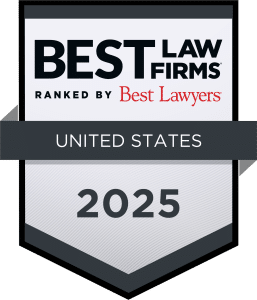 Pursuing legal claims after a Brookville rollover accident may seem difficult, but Pribanic & Pribanic works to simplify this process for their clients. They investigate accidents thoroughly, consult with medical and industry experts, and negotiate assertively with insurance companies.
Pursuing legal claims after a Brookville rollover accident may seem difficult, but Pribanic & Pribanic works to simplify this process for their clients. They investigate accidents thoroughly, consult with medical and industry experts, and negotiate assertively with insurance companies.
Whether handling motor vehicle accidents, defective product claims, or other injury lawsuits, their team stands ready to advocate for victims’ rights. Legal action helps compensate families and holds negligent parties accountable, creating safer conditions for future drivers.
If you or your loved ones have been injured, reaching out to Pribanic & Pribanic provides a pathway for understanding the next steps and exploring your legal claim options.
With decades of experience in personal injury law, they are committed to seeking justice for victims throughout Pennsylvania.
Take the Next Step Today
If you’ve been involved in a rollover accident in Brookville, you don’t have to face the aftermath alone. Legal action can help secure the financial resources needed for medical costs, rehabilitation, and recovery. Whether you need help determining fault, calculating damages, or fighting insurance companies, support is available.
To learn more about your options, contact Pribanic & Pribanic today (814) 849-1278. They are here to fight for justice and ensure that rollover accident victims and their families receive the compensation they deserve.

